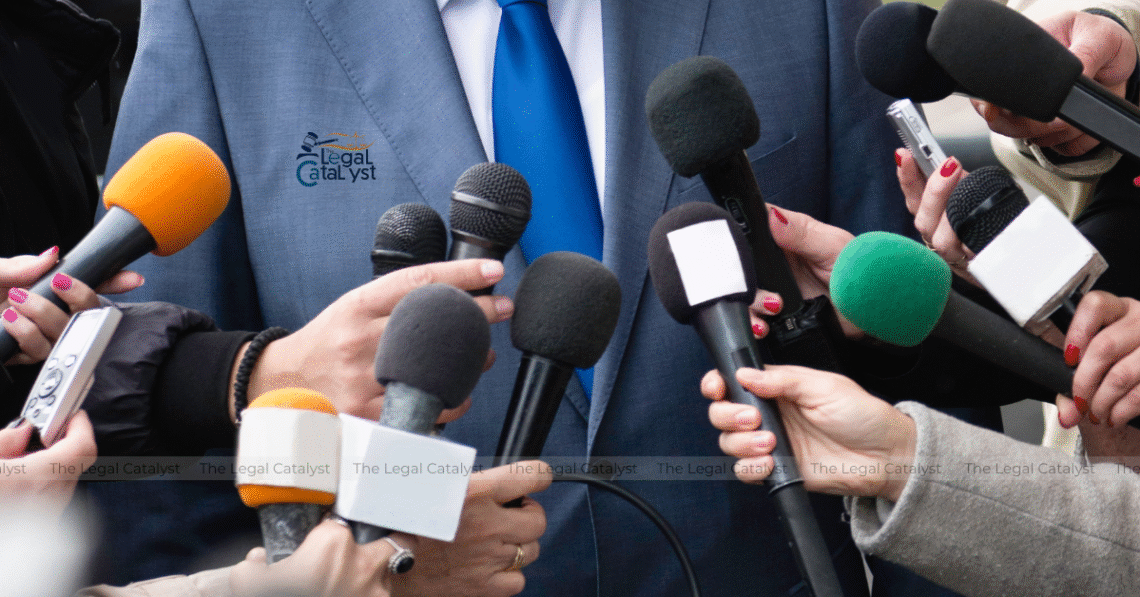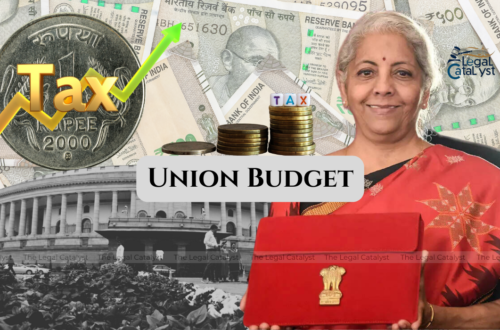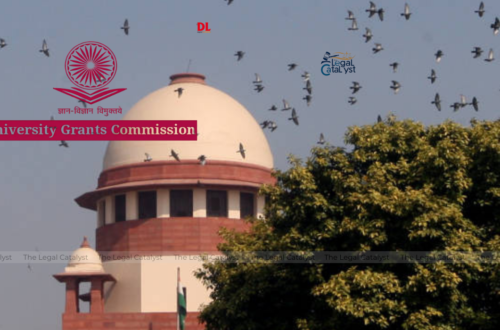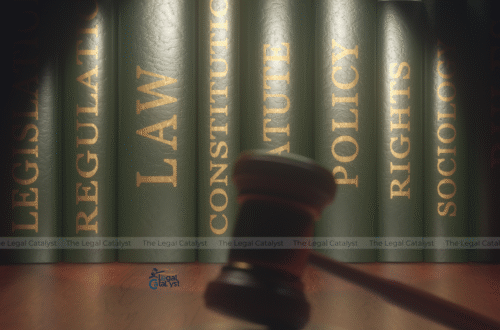In every democracy, the freedom of press is hailed as a cornerstone of accountability and transparency. The press is often called the “fourth pillar of democracy” because it informs citizens, keeps governments in check, and exposes corruption.
But in recent years, a disturbing trend has emerged in India—trial by media. Television debates, digital platforms, and even newspapers have often gone beyond reporting facts; they deliver judgments, declare accused individuals as guilty or innocent, and sway public perception long before courts have spoken. This raises a pressing question: Do media trials strengthen democracy, or do they compromise the very foundation of a fair trial in India?
What Exactly is a Media Trial?
A media trial occurs when the press or electronic media takes up the role of an investigator and judge. Instead of simply reporting developments, the media creates its own narratives, portrays accused persons in a particular light, and indirectly pressures the judiciary.
In such cases, the real court—the court of law—gets overshadowed by the court of public opinion, which is often driven by sensationalism, TRPs, and social media reactions.
Also Read- Backlog of Judicial Cases in India: A Looming Crisis Demanding Urgent Action
Constitutional Framework: Freedom of Press vs. Fair Trial
The Indian Constitution provides a delicate balance between freedom of expression and justice:
- Article 19(1)(a): Guarantees the freedom of speech and expression, which naturally includes freedom of the press.
- Article 19(2): Imposes reasonable restrictions in matters of contempt of court, defamation, national security, and maintaining public order.
- Article 21: Protects the right to life and personal liberty, which includes the fundamental right to a fair trial.
This essentially means: while the press has the right to report, it cannot obstruct justice or prejudice ongoing trials.
Judicial Stand on Media Trials
Indian courts have time and again cautioned against the dangers of media interference in sub judice matters:
- R.K. Anand v. Registrar, Delhi High Court (2009): The Supreme Court condemned “trial by media” for its potential to seriously affect justice.
- Sahara India Real Estate Corp. v. SEBI (2012): The Court permitted postponement orders to restrict media reporting that could prejudice ongoing proceedings.
- Aarushi Talwar Case: The intense media frenzy shaped public opinion so strongly that it sparked debates on whether justice itself was clouded by media narratives.
These cases highlight that unchecked media coverage runs the risk of replacing judicial processes with public spectacle.
Also Read- How Crime becomes the price society pays for abandoning character
Media Trial: A Double-Edged Sword
Like everything in democracy, media trials have two contrasting sides:
✅ Arguments in Favor of Media Trials
- Promotes transparency in high-profile cases.
- Acts as a watchdog when government or investigative agencies falter.
- Creates legal awareness among the public.
- Brings accountability and speeds up justice in certain sensitive cases.
❌ Arguments Against Media Trials
- Violates the principle of “innocent until proven guilty.”
- May influence judges, witnesses, and public sentiment.
- Can damage reputations, careers, and families—even if the accused is acquitted.
- Fuelled by TRPs and sensationalism, often at the cost of facts.
The Way Forward: Striking a Balance
The debate is not about suppressing press freedom—but about ensuring responsible journalism. Some possible reforms include:
- Enforcing contempt of court laws more strictly against prejudicial reporting.
- Issuing clear reporting guidelines on sub judice matters.
- Promoting media ethics training and self-regulation within journalist bodies.
- Ensuring a balance between freedom of press and independence of the judiciary.
Conclusion
The freedom of press in India is non-negotiable—it is essential for democracy. However, when press freedom turns into media trial, it risks undermining the right to fair trial, a core principle guaranteed under Article 21.
The solution lies not in gagging the press, but in fostering responsible, ethical, and balanced journalism. Only then can we ensure that the press continues as a watchdog of democracy without turning into a parallel courtroom.
So, the question isn’t really Media trial: freedom of press vs. fair trial? The real challenge is making sure both coexist without weakening each other.
Connect with us on Instagram – X – LinkedIn for daily updates, quizzes, and other materials1







